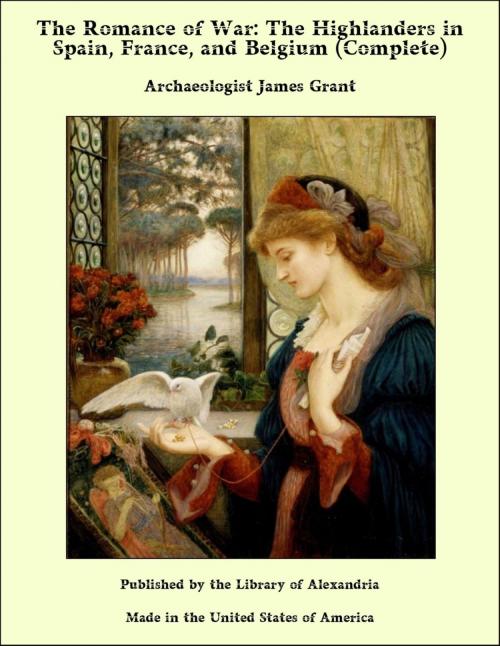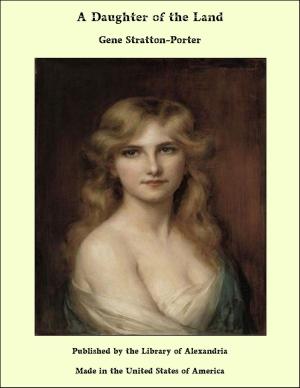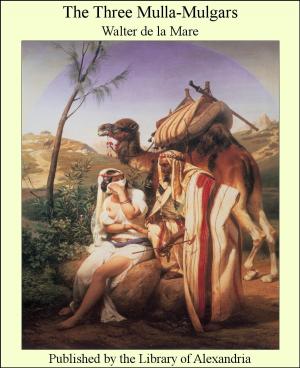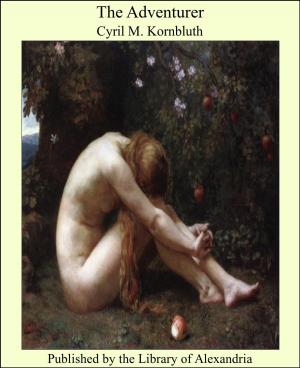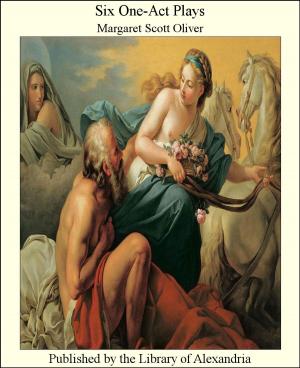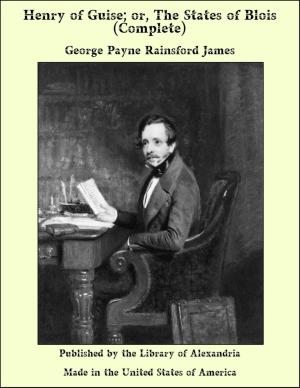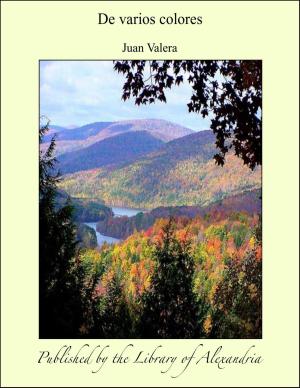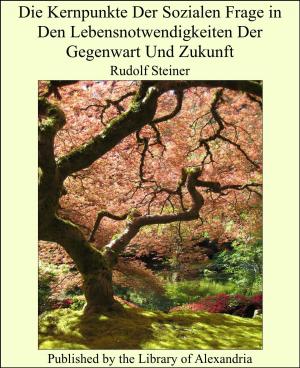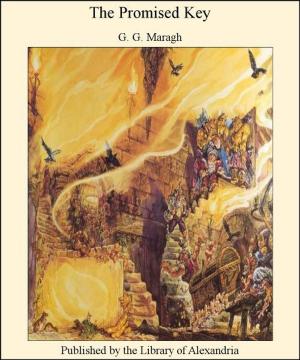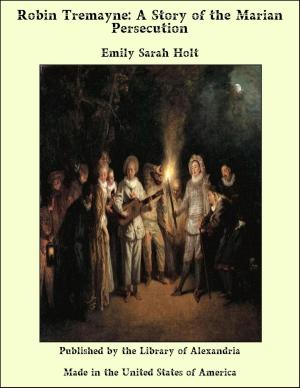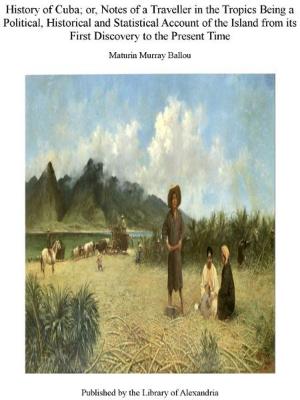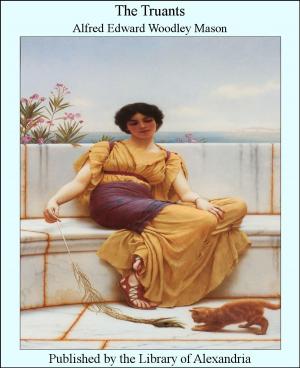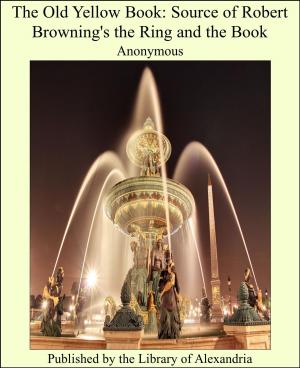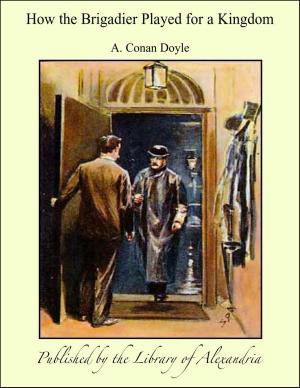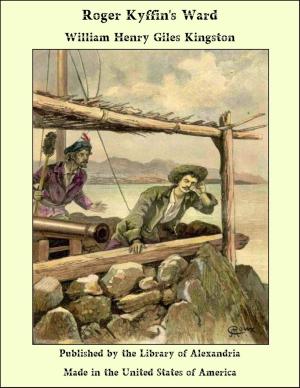The Romance of War: The Highlanders in Spain, France, and Belgium (Complete)
Nonfiction, Religion & Spirituality, New Age, History, Fiction & Literature| Author: | Archaeologist James Grant | ISBN: | 9781465616135 |
| Publisher: | Library of Alexandria | Publication: | March 8, 2015 |
| Imprint: | Language: | English |
| Author: | Archaeologist James Grant |
| ISBN: | 9781465616135 |
| Publisher: | Library of Alexandria |
| Publication: | March 8, 2015 |
| Imprint: | |
| Language: | English |
In the Highlands of Perthshire a deadly feud had existed, from time immemorial, between the Lisles of Inchavon and the Stuarts of Lochisla. In the days when the arm of the law was weak, the proprietors had often headed their kinsmen and followers in encounters with the sword, and for the last time during the memorable civil war of 1745-6. But between the heads of the families, towards the latter end of the last century, (the period when our tale commences,) although the era of feudal ideas and outrages had passed away, the spirit of transmitted hatred, proud rivalry and revenge, lurked behind, and a feeling of most cordial enmity existed between Stuart and Lisle, who were ever engaged in vexatious law-suits on the most frivolous pretences, and constantly endeavouring to cross each other's interests and intentions,—quarrelling at public meetings,—voting on opposite sides,—prosecuting for trespasses, and opposing each other every where, "as if the world was not wide enough for them both;" and on one occasion a duel would have ensued but for the timely interference of the sheriff. Sir Allan Lisle of Inchavon, a man of a quiet and most benevolent disposition, was heartily tired of the trouble given him by the petty jealousy of his neighbour Stuart, a proud and irritable Highlander, who would never stoop to reconciliation with a family whom his father (a grim duinhe-wassal of the old school) had ever declared to him were the hereditary foes of his race. The reader may consider it singular that such antiquated prejudices should exist so lately as the end of the last century; but it must be remembered that the march of intellect has not made such strides in the north country as it has done in the Lowlands, and many of the inhabitants of Perthshire will recognise a character well known to them, under the name of Mr. Stuart. It must also be remembered, that he was the son of a man who had beheld the standard of the Stuarts unfurled in Glenfinan, and had exercised despotic power over his own vassals when the feudal system existed in its full force, before the act of the British parliament abolished the feudal jurisdictions throughout Scotland, and absolved the unwilling Highlanders from allegiance to their chiefs.
In the Highlands of Perthshire a deadly feud had existed, from time immemorial, between the Lisles of Inchavon and the Stuarts of Lochisla. In the days when the arm of the law was weak, the proprietors had often headed their kinsmen and followers in encounters with the sword, and for the last time during the memorable civil war of 1745-6. But between the heads of the families, towards the latter end of the last century, (the period when our tale commences,) although the era of feudal ideas and outrages had passed away, the spirit of transmitted hatred, proud rivalry and revenge, lurked behind, and a feeling of most cordial enmity existed between Stuart and Lisle, who were ever engaged in vexatious law-suits on the most frivolous pretences, and constantly endeavouring to cross each other's interests and intentions,—quarrelling at public meetings,—voting on opposite sides,—prosecuting for trespasses, and opposing each other every where, "as if the world was not wide enough for them both;" and on one occasion a duel would have ensued but for the timely interference of the sheriff. Sir Allan Lisle of Inchavon, a man of a quiet and most benevolent disposition, was heartily tired of the trouble given him by the petty jealousy of his neighbour Stuart, a proud and irritable Highlander, who would never stoop to reconciliation with a family whom his father (a grim duinhe-wassal of the old school) had ever declared to him were the hereditary foes of his race. The reader may consider it singular that such antiquated prejudices should exist so lately as the end of the last century; but it must be remembered that the march of intellect has not made such strides in the north country as it has done in the Lowlands, and many of the inhabitants of Perthshire will recognise a character well known to them, under the name of Mr. Stuart. It must also be remembered, that he was the son of a man who had beheld the standard of the Stuarts unfurled in Glenfinan, and had exercised despotic power over his own vassals when the feudal system existed in its full force, before the act of the British parliament abolished the feudal jurisdictions throughout Scotland, and absolved the unwilling Highlanders from allegiance to their chiefs.
